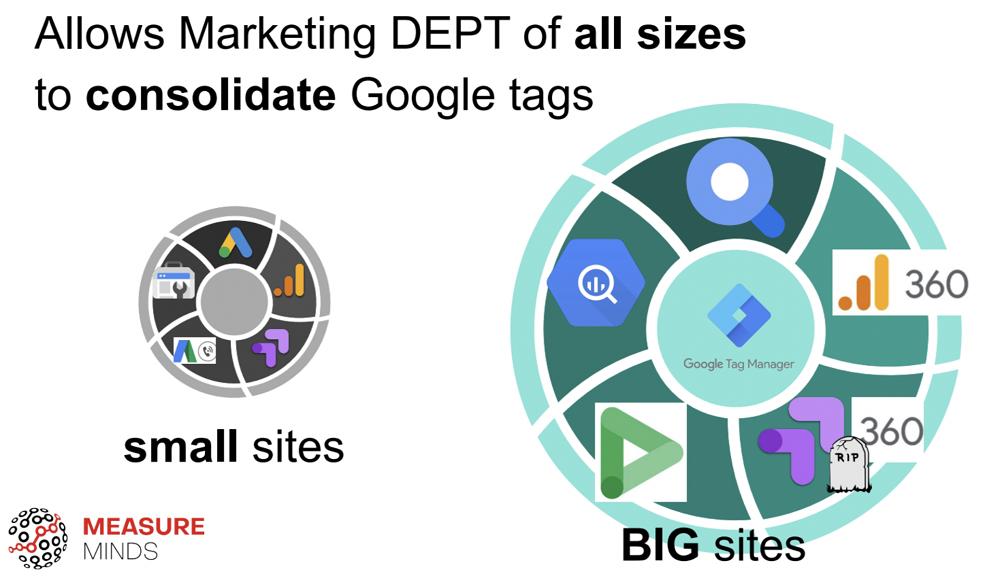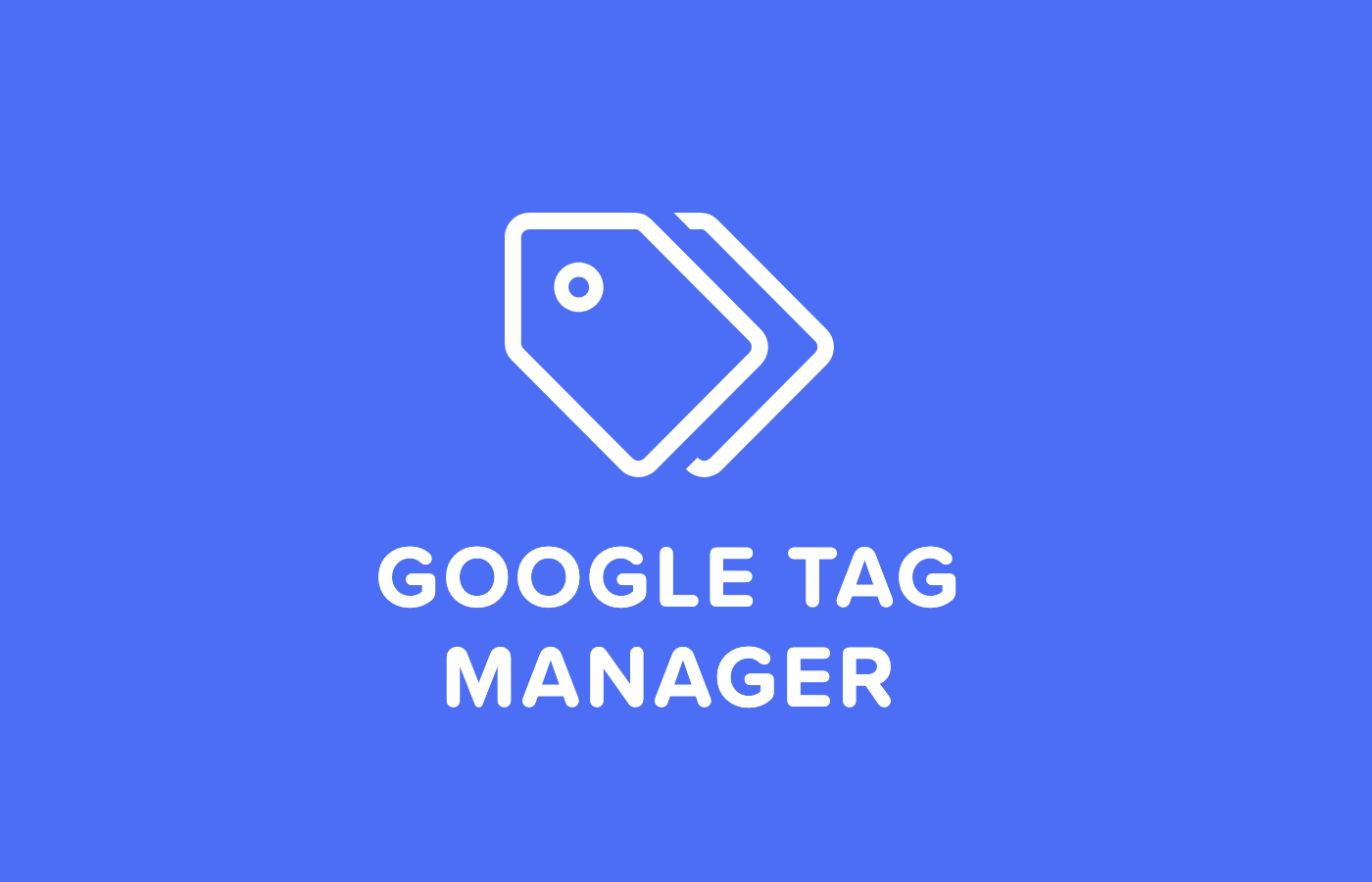
In the ever-evolving landscape of digital marketing, understanding the tools that help track and optimize your website’s performance is crucial. This brings us to a pivotal debate: Google Tag Manager vs. Other Tracking Tools: Which is Best for SEO in 2025? With advancements in technology and shifts in user behavior projected for the coming years, it’s essential to analyze how these tools can influence your search engine optimization (SEO) strategies.
Understanding Google Tag Manager
Google Tag Manager (GTM) is a powerful tool that simplifies the management of tracking codes on your website. It allows marketers to add, edit, and manage various tags—like analytics, conversion tracking, remarketing, and more—without requiring extensive coding knowledge.
The significance of GTM lies not just in its ability to streamline tag management but also in the insights it provides into user interactions on your site. Its integration with Google Analytics and other platforms makes it a go-to choice for many SEO professionals.
The Core Features of Google Tag Manager
GTM comes packed with multiple features that are beneficial for SEO efforts.
User-Friendly Interface
One of the hallmarks of GTM is its intuitive interface, which allows users to navigate through various functionalities seamlessly. From implementing Google Analytics to setting up custom events, the drag-and-drop functionality ensures you won’t need a developer every time there’s a need for modifications.
Version Control
Having version control means that any changes made within GTM can be tracked, allowing teams to revert to previous configurations if something goes awry. This feature proves invaluable when testing new configurations or experimenting with different tracking setups.
Event Tracking Capabilities
GTM excels in capturing user interactions such as clicks, form submissions, scroll depth, and more. This capability provides deeper insights into user behavior, allowing SEO practitioners to tailor content and optimize user experiences based on what resonates with their audience.
Enhancing SEO with Google Tag Manager
Integrating GTM into an SEO strategy can yield significant benefits.
Improved Data Accuracy
Through GTM, marketers can minimize the risk of tracking errors. Accurate data is fundamental in making informed decisions that impact SEO performance, from keyword targeting to content creation.
Seamless Integration with Other Tools
GTM integrates smoothly with various analytics platforms and marketing tools, providing a holistic view of user interactions across channels. This interconnectedness enables SEO professionals to create more effective campaigns by aligning objectives across platforms.
Customization for Unique Needs
Every business has unique requirements, and GTM caters to this by allowing customization of tracking parameters. You can set specific triggers and variables tailored to your operational needs, ensuring you’re capturing the right data.
Evaluating Other Tracking Tools

While GTM is a strong contender, numerous other tracking tools compete in the market, each offering unique advantages and limitations.
Overview of Alternative Tracking Tools
There are several other noteworthy tracking tools that deserve attention.
Adobe Analytics
Adobe Analytics offers robust features for enterprise-level organizations. It’s highly customizable, supporting complex data analysis and reporting. However, it can entail a steeper learning curve than GTM.
Matomo
Matomo (formerly Piwik) is an open-source analytics platform that prioritizes privacy. It provides full control over data and is ideal for companies concerned about data security. While it lacks some advanced integrations present in GTM, its capabilities are still substantial for SEO-focused businesses.
Hotjar
Hotjar specializes in user experience analytics, offering heatmaps and session recordings to understand user behavior better. While it may not replace GTM, it serves as a complementary tool that provides insights on how users interact with your pages, which can indirectly enhance your SEO efforts.
Comparing Features and Benefits
Analyzing features helps gauge which tool might suit your needs best.
User Experience Capabilities
Tools like Hotjar shine when it comes to user experience insights. These features can help identify friction points on your site that may hinder conversions and affect SEO rankings. By understanding user behavior, you can make informed adjustments to improve usability and, consequently, your site’s search performance.
Customization Levels
GTM’s exceptional customization options stand out compared to others like Adobe Analytics, which, while powerful, may overwhelm smaller teams without the technical resources to fully leverage its potential. For small to medium-sized businesses, GTM is often seen as a more approachable solution.
Data Ownership Concerns
With tools like Matomo, businesses can maintain ownership of their data, addressing privacy concerns increasingly prevalent among consumers. This factor can be especially crucial for businesses operating in regions with strict data laws, as maintaining compliance is vital for SEO success.
Future Trends in Tracking Tools

As we look toward 2025, trends in tracking technology are anticipated to evolve significantly, impacting SEO strategies.
Privacy Regulations and Compliance
The growing emphasis on user privacy will likely shape the future of tracking tools. Businesses should prepare for enhanced regulations similar to GDPR, necessitating adaptations in how data is collected and used.
Impact on Data Collection
Companies may find themselves needing to reevaluate their tracking methodologies to prioritize transparency and user consent. This shift will fundamentally change how analytics tools operate, potentially limiting the data available for SEO analyses.
Emphasis on First-Party Data
With cookie tracking becoming less reliable, the focus will shift towards collecting first-party data. Tools that facilitate this seamlessly will become increasingly valuable. GTM is well-positioned here since it supports various methods to collect and store first-party data effectively.
AI Integration
Artificial intelligence is expected to play a more significant role in data analytics, providing predictive insights that could transform SEO strategies.
Predictive Analytics
AI-driven tools can analyze historical data to predict future trends, enabling SEO teams to stay ahead of the competition. Integrating AI capabilities into tools like GTM could enhance decision-making processes, making it easier to implement successful strategies.
Automated Reporting
Automated reporting features powered by AI will likely simplify the analysis process, saving time and resources. This advancement would allow marketers to focus on strategic initiatives rather than manual reporting tasks.
FAQs
What is Google Tag Manager?
Google Tag Manager is a free tool provided by Google that allows users to manage JavaScript and HTML tags used for tracking and analytics on websites without modifying the code directly.
How does Google Tag Manager enhance SEO?
GTM enhances SEO by improving data accuracy, enabling detailed user interaction tracking, and providing seamless integration with other analytics tools, all of which help optimize online visibility and performance.
Can Google Tag Manager replace other tracking tools?
While GTM is a powerful tool for managing tracking codes and tags, it doesn’t replace comprehensive analytics tools like Google Analytics or user experience-focused tools like Hotjar; instead, it works best when integrated with them.
What are the alternatives to Google Tag Manager?
Some notable alternatives to Google Tag Manager include Adobe Analytics, Matomo, and Hotjar. Each of these tools has unique strengths that cater to different business needs.
What should I consider before choosing a tracking tool?
When selecting a tracking tool, consider factors such as ease of use, customization options, data ownership, and the specific analytical features needed to meet your SEO goals.
Conclusion
The debate around Google Tag Manager vs. Other Tracking Tools: Which is Best for SEO in 2025? is complex and multifaceted. GTM stands out for its user-friendly interface and seamless integration with various platforms, offering significant benefits for SEO practitioners. Alternatives like Adobe Analytics and Matomo serve specific niches and may offer unique advantages depending on your business needs. As technology continues to evolve, the best approach is to stay adaptable and integrate various tools that align with your overarching SEO strategy. As we move toward 2025, leveraging data effectively while complying with emerging privacy regulations will be paramount in cultivating successful SEO outcomes.
